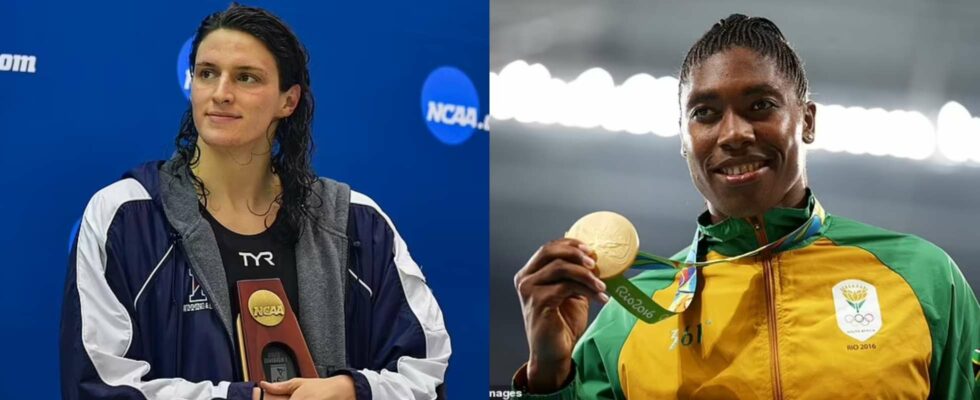The question of trans individuals participating in women’s sports has been a hot topic all year.
International Olympic Committee faced a lot of criticism after New Zealand weightlifter Laurel Hubbard competed in the Olympic Games.
The scrutiny only got worse with the news of trans swimmer Lia Thomas winning an NCAA title. Thomas even expressed the desire to compete in the Olympics in future after her win.
Many former and current athletes criticized the lack of oversight and the “no presumption of advantage” for transgender women competing in female sports categories.
IOC decided to update the policy after the public outcry.
The updated statement reads, according to the Daily Mail: “Principle 4 [fairness] recognises that sports organisations may at times need to issue eligibility criteria for sex-segregated competition to maintain a fair and proportionate distribution of competitive advantages among participants.”
“It also recognises the particular importance of advancing equality for women in sport and preserving fair and meaningful competition for elite women athletes, which may require criteria that limit eligibility in some cases.”
The guidelines were published in the British Journal of Sports Medicine.
Another well-known case at the centre of the controversy was that of British cyclist Emily Bridges, who was blocked from competing at the Commonwealth Games earlier this year after British Cycling suspended their trans policy and inclusion rules were tightened by global cycling governing body Union Cycliste Internationale.
The Daily Mail reports the new 5188-word statement is portrayed as a clarification of the existing framework by addressing each of its 10 categories, or “principles” so that individual sports ruling bodies have more clarity.
The new paper “acknowledges that testosterone may be an important factor shaping performance in elite athletes in certain sports” but that it is too crude a determinant of an athlete’s eligibility.
The statement calls for more funding from stakeholders to support further study into the contentious issue.
In June, plans were revealed for swimming to become the first sport to set up an “open category” to allow transgender athletes to compete in a separate class at the elite level.
President of the governing body FINA, Husain Al-Musallam, said he did not want any athlete to be told they cannot compete at the highest level.
